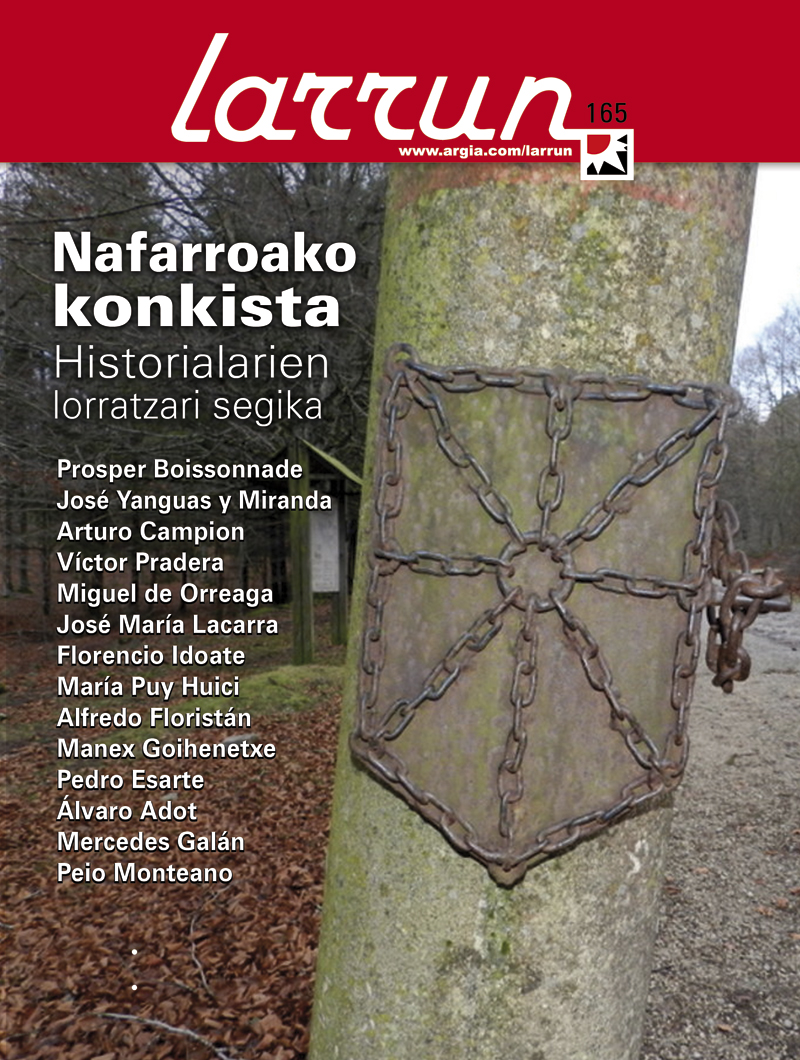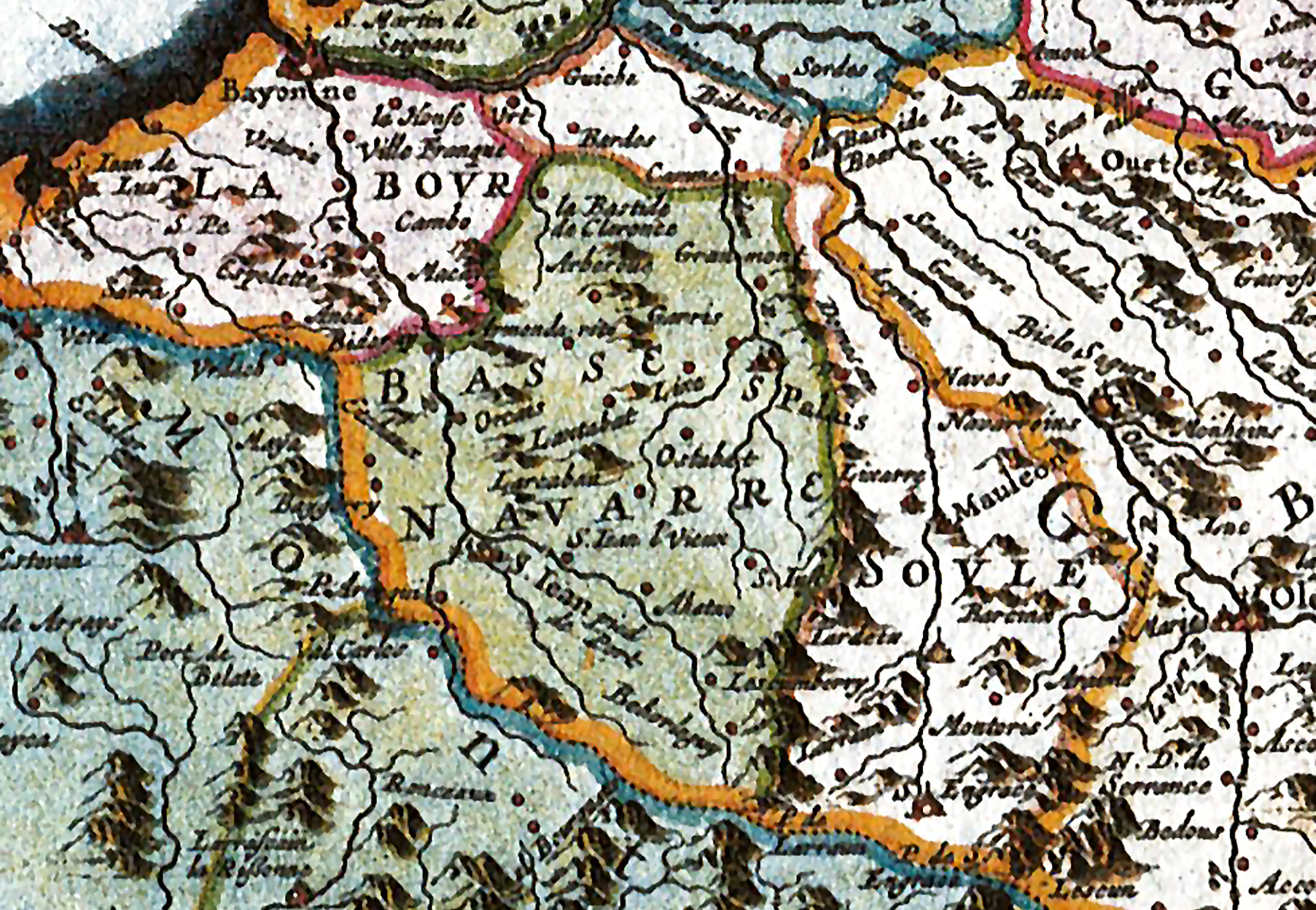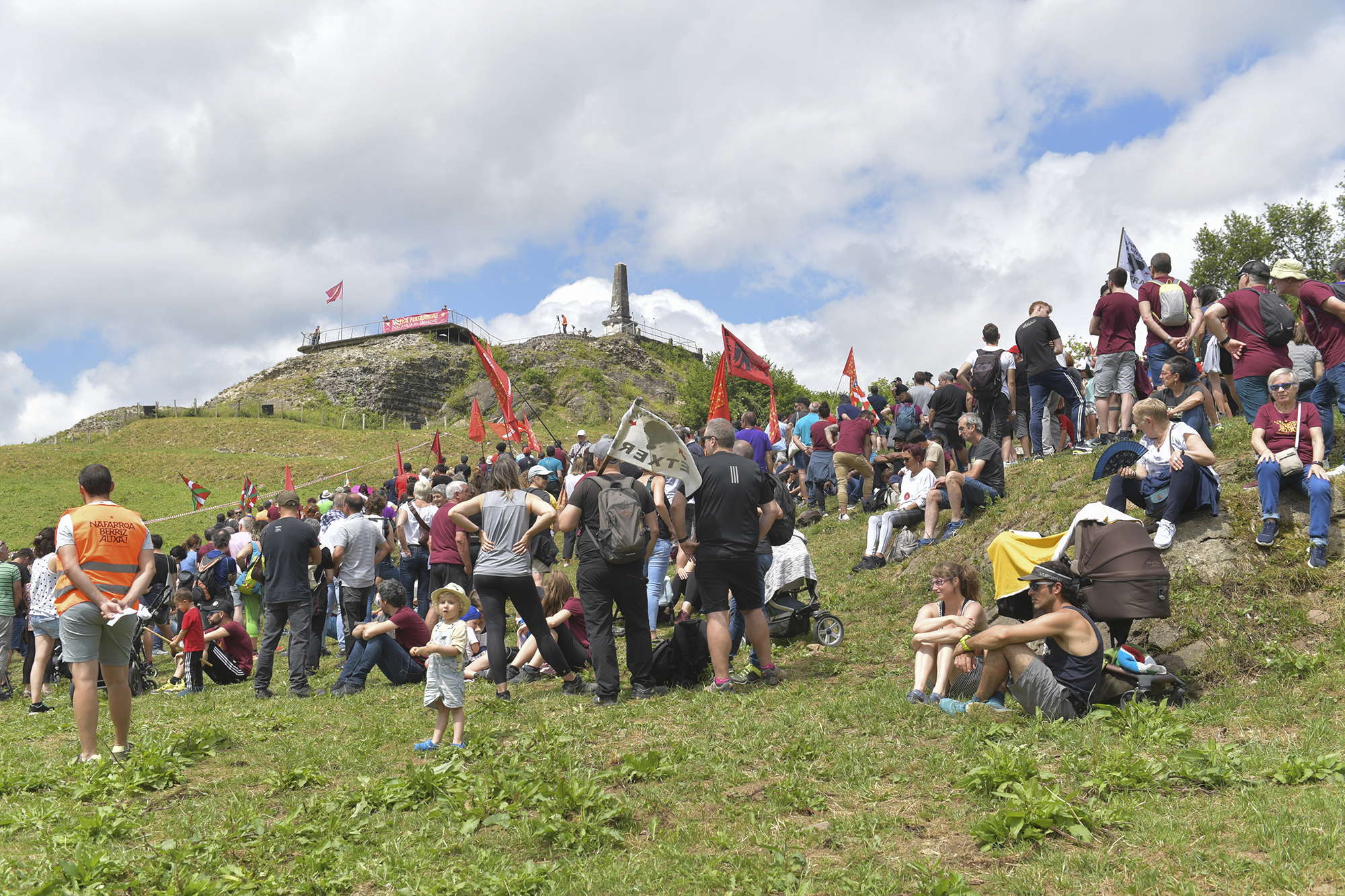"Everything seemed destined for that irreparable loss."

When in 1893 he published his doctoral thesis on the conquest of Navarre, Occitan Prosper Marie Boissonnade did not believe that the work was still one of the main references among historians. He was a professor at the University of Poitiers and received a scholarship in 1891 to investigate the medieval history of Spain. He addressed the issue of Navarre, certainly called by the air of the Pyrenean youth – he was born in the small town of Réquista, in the current department of Midi-Pyrenees.
To write Histoire de la réunion de la Navarre à la Castille, he worked in the archives of Simancas and Navarra and through first-hand sources he elaborated a balanced history, following the positivism that was in the mouthpiece in France. He was also an economist and, consequently, did not become disoriented in the social sphere. Some of the assumptions in his work have become obsolete, but he has not lost courage. Your main contribution? Emphasise that the conquest of Navarre was entirely linked to the European political context. For many, this is the founding academic work on the conquest of Navarra.
In 1956, the editorial Ekin published in Buenos Aires its Spanish edition. The work was translated by Thomas Yoldi, apparently by order of Arturo Campión. In 1981, the editorial Mintzoa republished the translation. Both have important changes if you look at the original. In 2005, the Prince of Viana Institute published a new translation into Spanish. The following text has been translated into Basque from facsimile published in Geneva in 1975. The complete work can be found in the Gallica de Bibliothèque Nationale de France numerical library, at the following address: http://bit.ly/ILATtf.
“Fernando was ready for the game. More than ever, I had decided to keep Navarre, I ordered him the reason for the state, and I thought he had enough rights for the usurpation. (...)
The disappearance of the small Pyrenean kingdom, which had existed for a long time, was an inescapable consequence of the changes in Europe at the beginning of modern times. (…) The kings of Navarre, whose independence was threatened by the conflict between the two major European powers, could not divert the danger. (…) Everything seemed destined for that irreparable loss; the Holy See, friendly servant of the Spanish ambitions, supported the expolio with a sentence of excommunication. (…) Navarre was definitely in the hands of the winners. And he easily accepted his destiny. In this kingdom separated by the parties, destroyed by anarchy, the idea of the homeland did not yet exist; the Foix-Albret dynasty had no time to take root deeply. The Navarros, particularly bound to their local freedoms, were subjected to their own privileges, after a brief resistance, to the law of the strongest.”
Immersed in the war against the community lords and churches, in 1521, Castile obtained the help of his brother-in-law Enrique de Navarra II.ak, King Francisco I of France, to recover the kingdom of Navarre invaded, conquered and occupied nine years earlier.
Parents Enrike... [+]
Memoria eta aldarrikapen eguna izan da larunbatean Amikuzeko hiriburuan. "Sekulan baino gehiago, gure izanetik aurkitu indarraz, bihar gu girena hazi", izan dira Zabalik elkarteko presidentearen hitzak, Nafarroa Bizirik eguneko ekitaldi ofizialean.
The ideological heirs of the conquerors of the Kingdom of Navarra are today the political parties that manage means such as patriarchal intellectual production and EITB. These heirs continue with the colonization process of Navarre, distorting historical contexts and negating... [+]
The castle of Amaiur (1522), in Baztán, was the last strength of the resistance against the Spanish conquest of the Kingdom of Navarra. The rebels, with their courage, also dominated the kingdom of Spain, challenged by their hearts, sought to rise up against the... [+]
You will easily see Spaniards of a certain age who want to underestimate or reduce the severity of something: “More was lost in Cuba,” recalling the loss of the remains of the colonial empire in 1898. Hungarians also have a similar expression, which is used in the same sense... [+]




















